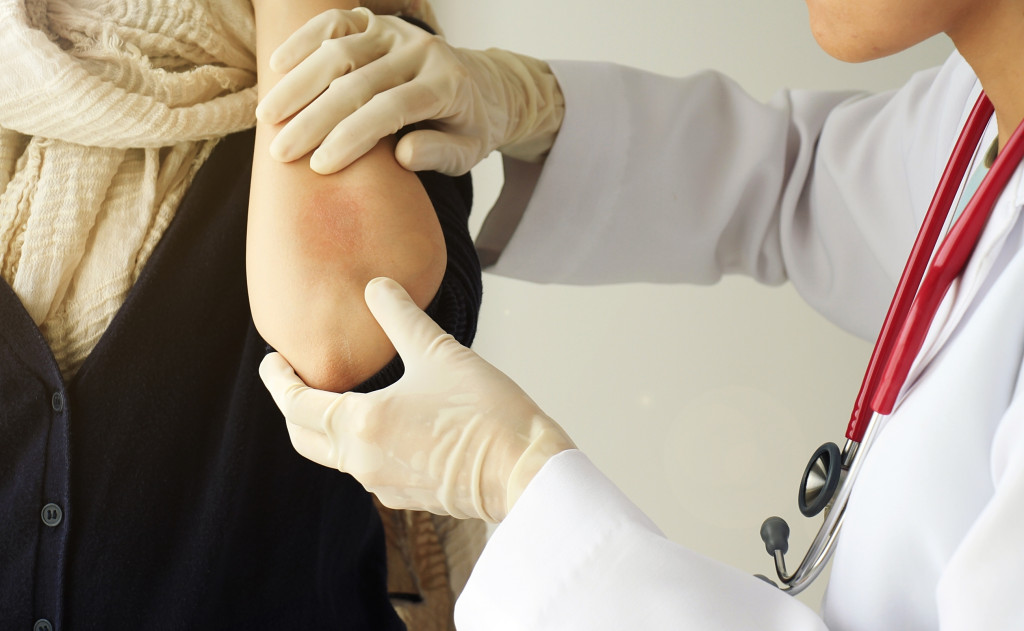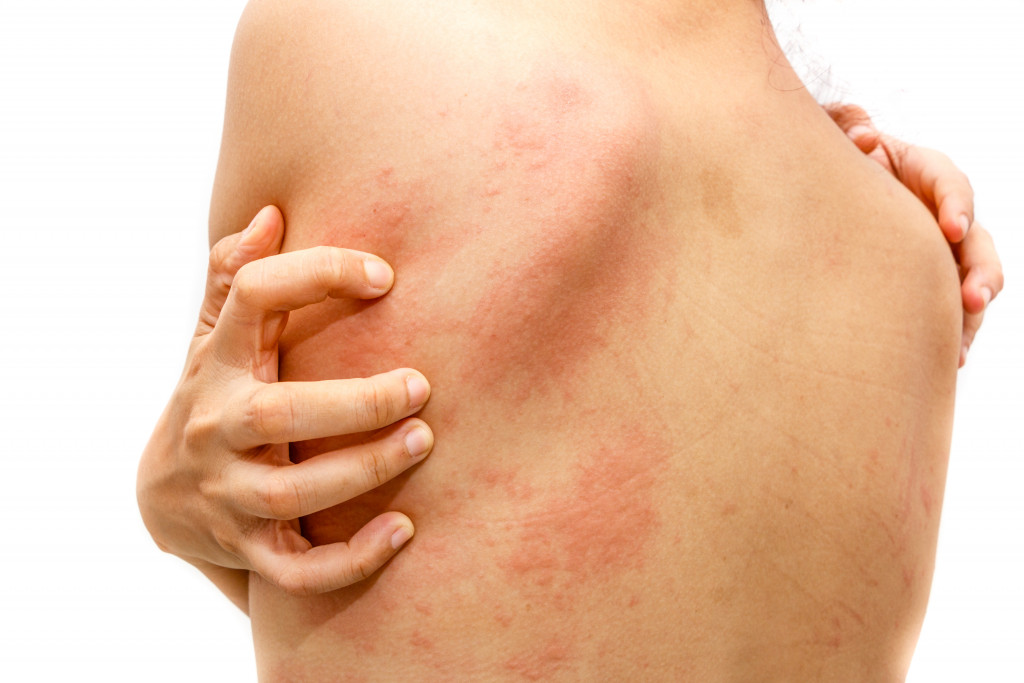- Be gentle when handling fragile or sensitive skin, and use gentle products to avoid irritation or discomfort.
- For medical adhesives, use ones specifically designed for sensitive skin that are hypoallergenic and non-irritating.
- Be mindful of allergies to certain ingredients or products that could trigger an allergic reaction.
- Keep the skin clean and moisturized by using a gentle cleanser, natural oil as a moisturizer, and sunscreen.
- Use repair cream or ointment for any damage caused by dryness or irritation.
If you are a healthcare professional, you understand the importance of treating people with care and respect. But what happens when you encounter patients with fragile or sensitive skin? This can be a tricky situation to navigate, especially if you are unsure of how to approach it.
In this blog, you will learn about essential tips for working with people that have fragile or sensitive skin. Whether you are a doctor, nurse, or other healthcare professional, these tips will help you provide your patients with the best care possible.
Be gentle when handling their skin.
One of the most important things to keep in mind when working with people that have fragile or sensitive skin is to be gentle when handling their skin. This means using a light touch when applying creams, lotions, or other treatments. You should also avoid rubbing or scrubbing their skin, as this could cause irritation or discomfort.
Use gentle products.
Another critical tip for working with people that have fragile or sensitive skin is to use gentle products. This includes everything from soaps and shampoos to lotions and creams. Look for products that are specifically designed for sensitive skin, as these will be less likely to cause irritation or inflammation.
Use medical adhesives carefully.
Medical adhesives, such as tape and bandages, can be difficult to remove from fragile or sensitive skin. If you must use medical adhesives, take extra time and care when removing them to avoid causing additional irritation.
You may also consider using adhesive tapes that are specifically designed for sensitive skin. You can get these products from a reliable medical adhesive tape supplier. They are specifically designed to be gentle and easy to remove from fragile or sensitive skin. They are also hypoallergenic and non-irritating, so you can be sure your patients will not experience any discomfort or irritation.
Be mindful of allergies.
Many people with fragile or sensitive skin also have allergies to certain ingredients or products. As a healthcare professional, it is essential to be mindful of this and avoid using products that could potentially trigger an allergic reaction. This could include anything from latex gloves to certain types of medications.
Keep the skin clean and moisturized.
People with fragile or sensitive skin often require extra care to keep their skin clean and moisturized. Here are the steps you need to take to keep their skin in good condition:
Cleanse.
Use a gentle cleanser to remove dirt and oil from the skin. You should also avoid using soaps and detergents, as they can be too harsh for fragile or sensitive skin.
Moisturize.
Apply a moisturizer after cleansing to help lock in moisture in the skin. You can also use a natural oil as an additional moisturizer, such as coconut or almond oil.
Protect.
Apply sunscreen with an SPF of at least 30 to protect the skin from the sun’s UV rays. You should also avoid products that contain alcohol or fragrances, as these can irritate delicate skin.
Repair.
Use a repair cream or ointment to help repair any damage caused by dryness or irritation. You can find products specifically designed for people with fragile or sensitive skin.
As a healthcare professional, it is essential to work with your patients to develop a skincare routine that is both effective and safe.
Communicate with your patient.
Finally, one of the most important things you can do when working with people that have fragile or sensitive skin is to communicate with your patient. This includes asking them about any specific concerns they may have, explaining the products or treatments you will be using, and checking in with them regularly to make sure they are comfortable and not experiencing any discomfort or irritation.
Working with people that have fragile or sensitive skin can be a challenge, but it does not need to be. By following the tips outlined in this blog, you will be able to provide your patients with the best care possible and ensure their safety and comfort.
Remember to always communicate with your patient and ask them about any specific concerns they may have before beginning treatment. With proper knowledge of skincare products and techniques, you will be well-equipped to handle any situation involving delicate skin types.


